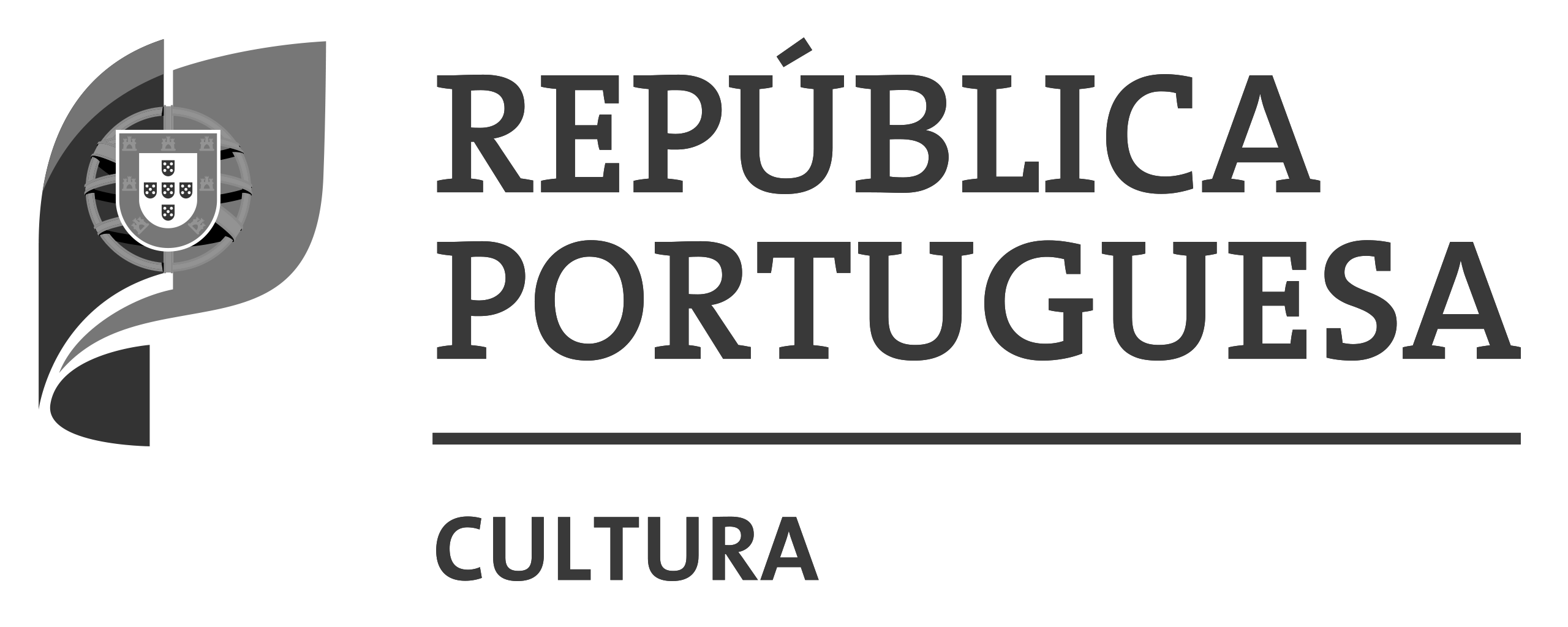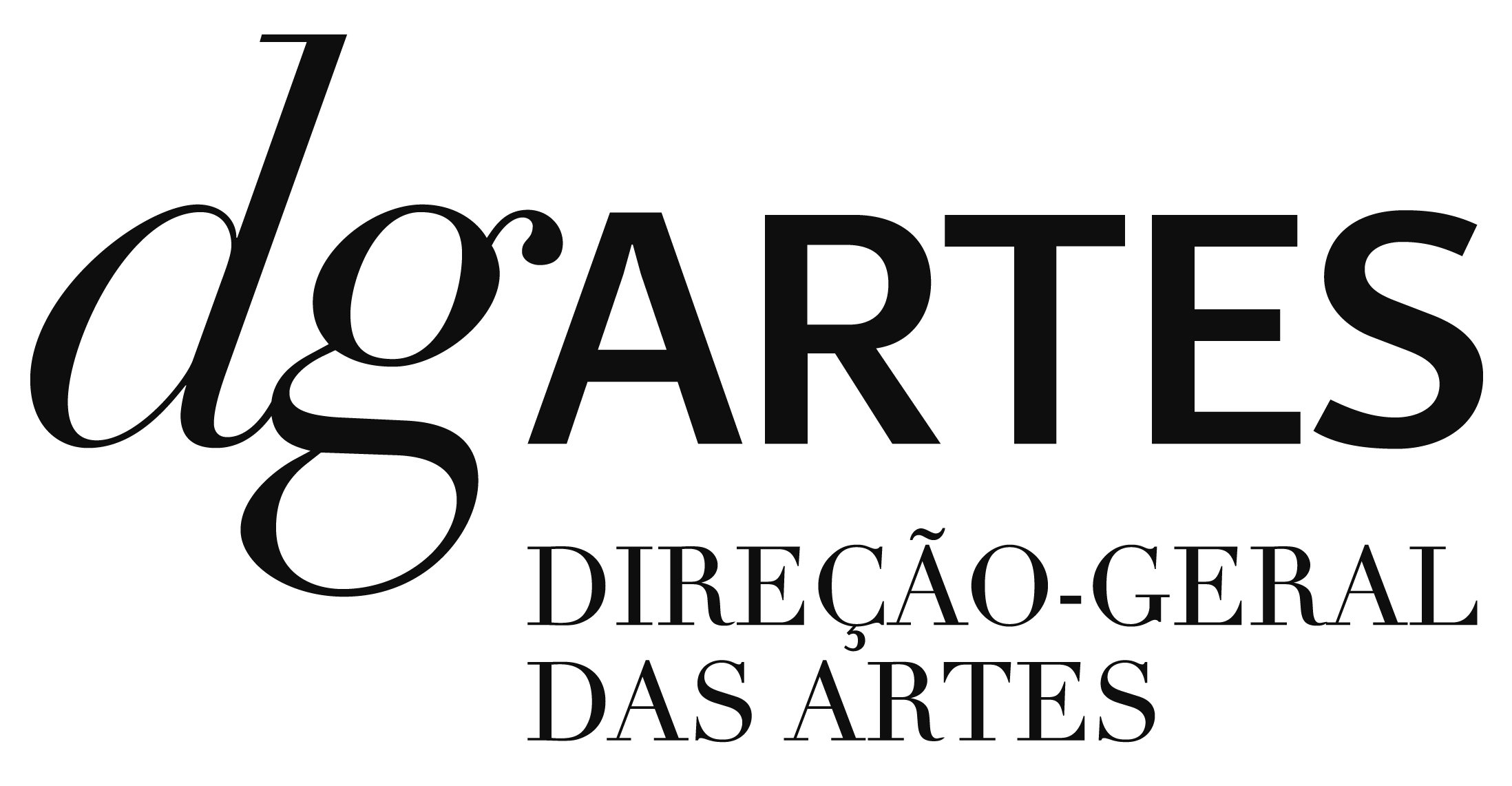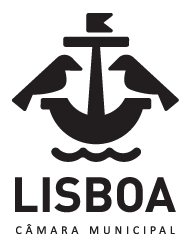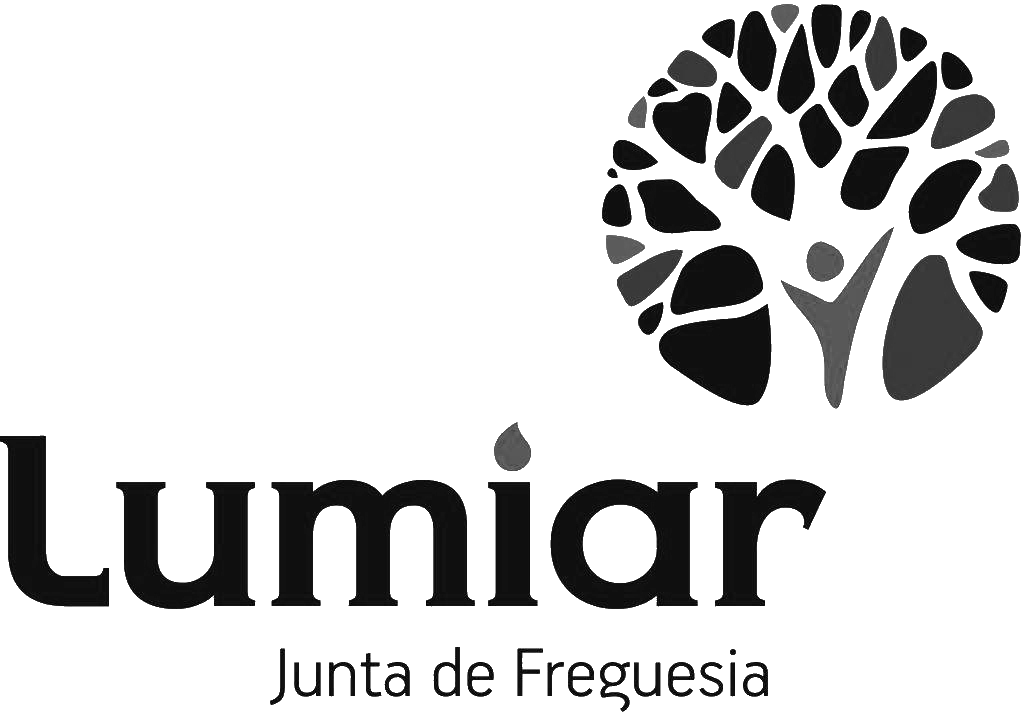
LUMIAR CITÉ
Peter Friedl
Teatro Popular
28.01. - 02.04.2017
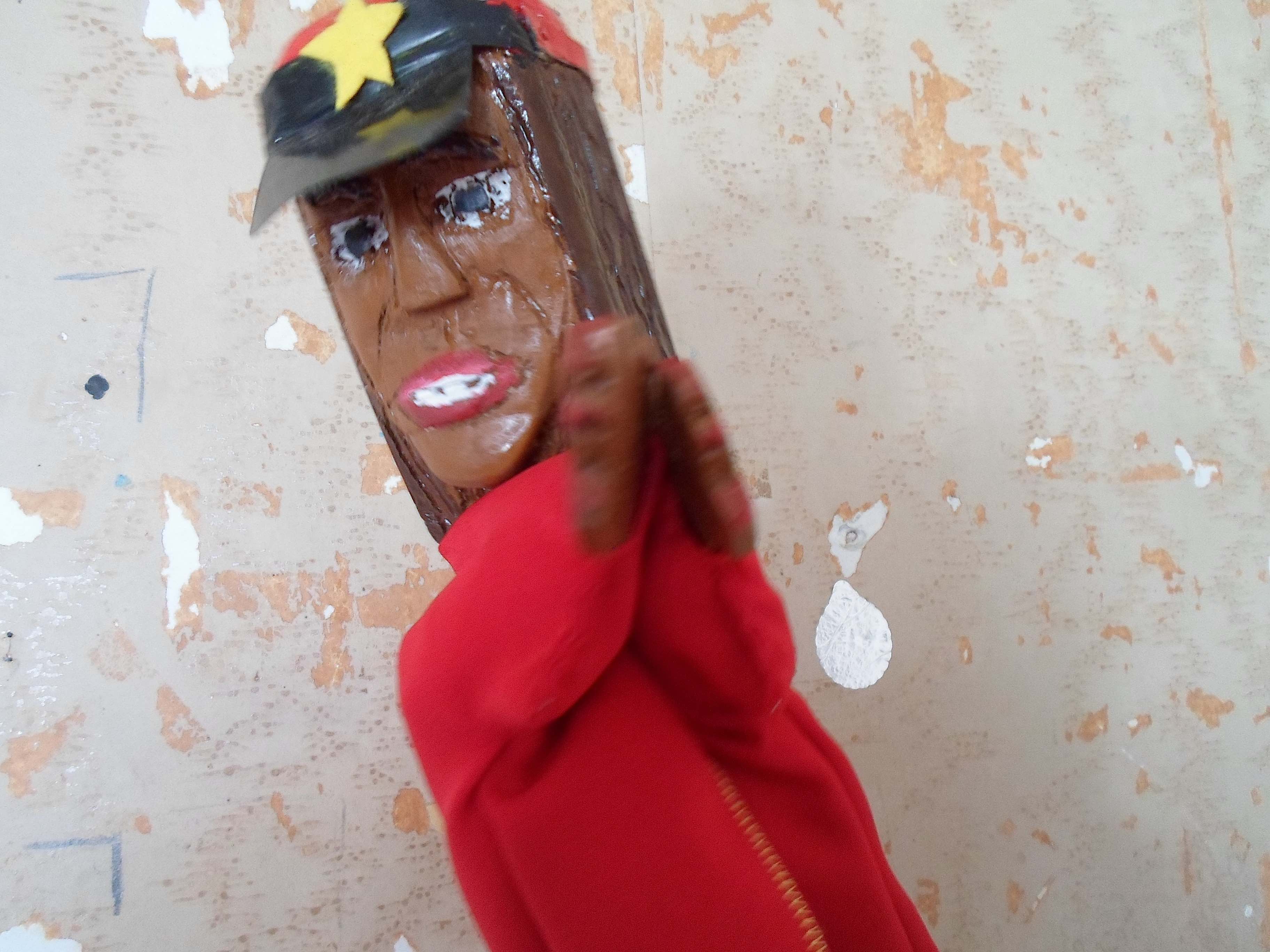
In his first solo exhibition in Portugal, Peter Friedl presents objects derived from a Portuguese street theatre format commonly known as Teatro Dom Roberto. Its stage (barraca) is a minimalist DIY construction covered with cloth. The construction conceals puppeteers from the public gaze, as they direct the violent and noisy actions of the puppets. The traditional Dom Roberto theatre is a minor art, based on typecasting, repetition and quite a restricted repertoire such as O Barbeiro Diabólico or A Tourada.
For his exhibition at Lumiar Cité, Peter Friedl has created his own theatre world, which is both idiosyncratic and plausible. It is an essentially Lusophone universe taking the form of colourful barracas and puppets, fraught with historical references to several centuries and continents. We find, for example, the Sephardic astronomer Abraham Zacuto (1452-ca. 1515), a refugee from Spain, who became Royal Astronomer in Lisbon until he also had to leave the country for Tunis, following the persecution of Jews in Portugal; his Almanach perpetuum revolutionised ocean navigation at the time. Or, in the immediate present, the figure of Isabel dos Santos, entrepreneur and the first African billionaire, as well as her father, Eduardo dos Santos, the President of the Republic of Angola since 1979. Also appearing is the art collector and philanthropist Calouste Gulbenkian (“Mr Five Percent”), one of the first to exploit Iraqi oil. The promise of royal glamour is embodied by the unfortunate king Dom Sebastian I, whose ideas of a late crusade led him to embark on a military adventure in North Africa in 1578, where he came to an early death.
In Friedlʼs anachrony the following characters make their appearance: Queen Nzinga of Ndongo and Matamba (1583-1663), whose great diplomatic skills held off Portuguese invaders for many years; Dom Nicolau (ca. 1830-1860), a prince of the Kingdom of Kongo, who published letters protesting against the colonial economic policy. Stanley Ho (b. 1921), who became the “King of Gambling” of Macau; the famous Angolan songwriter Bonga; and Olga Mariano, a tireless defender of the rights of Romani in Portugal. General António de Spínola (1910-1996) was the first provisional president of Portugal after the April 1974 revolution.
But there are also fictional characters, such as Ilsa Lund (Ingrid Bergman), who wants to escape Morocco on a plane to Lisbon in Michael Curtizʼs classic film Casablanca (1942). The figure of Maria (played by Glicínia Quartin) can be seen as a little homage to the film Dom Roberto (1962) by Ernesto de Sousa. The Moor Floripes stems from a Carolingian legend, which can be tracked to the island of Príncipe. We donʼt know where to find Madeleine McCann, known as Maddie, who disappeared from a holiday apartment in Praia da Luz in the spring of 2007, but we know that the occultist Aleister Crowley enlisted Fernando Pessoaʼs aid in faking a suicide at the Boca do Inferno, Cascais, in the autumn of 1930. The devil and an elephant complete Friedlʼs cast.
To build the barraca, Friedl developed different prototypes that can be set up and dismantled without any tools. Instead of drawing on the Alcobaça chintz favoured by local puppeteers, the artist continues to weave his own web – as far as Brazil, where the popular handpuppet theatre from the Northeast goes by the name of Mamulengo. As with his puppets, he achieves (to paraphrase the late sociologist Zygmunt Bauman) an ambivalence in the sense of the possibility of assigning an object or event to more than one category, thus obtaining a disorder specific to language, which can trigger a clarifying discomfort in the beholder.
Peter Friedlʼs multilayered playing with contextual transfers, precise quotations and permanent displacement – a sort of shadow fighting with realism and mimesis – follows an aesthetics of critical intimacy. In the exhibition, as a medium, the figurines, made with the help of a local puppeteer, suggest a myriad of narratives that go far beyond the “traditional” repertoire of the Dom Roberto theatre. This theatre may start to perform at any moment, but it remains silent and still, as if the Fall of individualisation and historiographic fixation had cast a spell on its heroes and heroines. The action and plot are omitted. While in the traditional genre of popular theatre the dramatis personæ used to seek refuge from the excesses of history, Friedl explores how history works. Does the real have to be transformed into poetry in order to be imagined? The artist is fully aware that both the historian and the poet face the same incompatibility of historical reality and its linguistic articulation. The quest for alternative models of narration is aimed at a wide-ranging mobility of notions and concepts – across time and space.
Peter Friedl (Austria, 1960) lives in Berlin. His work has been exhibited worldwide, including at Museo Nacional Centro de Arte Reina Sofía (Madrid), Centre Pompidou (Paris), Walker Art Center (Minneapolis), Van Abbemuseum (Eindhoven), Hamburger Kunsthalle. He has participated in the Taipei Biennial (2016, 2012), Venice Biennale (2015, 1999), São Paulo Architecture Biennial (2013), La Triennale (Paris, 2012), São Paulo Biennial (2008), Gwangju Biennale (2008), Manifesta 7 (Trentino, 2008), documenta XII (Kassel, 2007), documenta X (Kassel, 1997), and Berlin Biennale (2004). Recent solo exhibitions: “The Diaries”, Grazer Kunstverein (Graz, 2016); “The Dramatist”, Artspace (Auckland, 2014); “Dummy”, Museum of Contemporary Art (Siegen, 2014); “King Kong”, Le Lieu unique (Nantes, 2013); “Peter Friedl”, Sala Rekalde (Bilbao, 2010); “Working”, Kunsthalle Basel (2008); “Blow Job”, Extra City Kunsthal (Antwerp, 2008); and “Work 1964–2006”, Museu dʼArt Contemporani de Barcelona (MACBA) / Miami Art Central / Musée dʼArt Contemporain, Marseille (2006–07).
Co-organized by Maumaus and Goethe-Institut Portugal in the framework of their partnership for the Maumaus Residency Programme.
Maumaus
Avenida António Augusto de Aguiar, 148 - 3º C
1050-021 Lisboa, Portugal
Monday to Friday, 10h00 to 13h00,
14h30 to 19h00
Tel: + 351 21 352 11 55
maumaus@maumaus.org
Upcoming:
Manthia Diawara
AI: African Intelligence
mumok, Vienna
12.03.2026
ARTIUM museoa, Vitoria-Gasteiz
14.03.2026
The lecture will be in English. Entry is free and limited to the number of seats available.
Upcoming:
Manthia Diawara
Angela Davis: A World of Greater Freedom
Batoto Yetu Portugal, Caxias
Screening | 15.11.2025 | 14h30
The lecture will be in English. Entry is free and limited to the number of seats available.
Upcoming:
Howard Singerman
Local Art Worlds (or Imaginary Geographies with Real Effects)
Goethe-Institut, Auditorium
Seminar | 24, 25, 26.06. 11h – 13h, 14h – 16h
Registration is free but limited to the number of seats available. Please send an email with a short CV to admin@maumaus.org by 15.06.2025. Confirmation of registration will be sent by email. The seminar will be in English.
Lumiar Cité
Rua Tomás del Negro, 8A
1750-105 Lisboa, Portugal
Wednesday to Sunday, 15h00 to 19h00
or by appointment.
Tel: + 351 21 755 15 70
lumiar.cite@maumaus.org

Maumaus/Lumiar Cité is funded by República Portuguesa – Cultura, Juventude e Desporto/Direção-Geral das Artes. With the support of Câmara Municipal de Lisboa and Junta de Freguesia do Lumiar.
